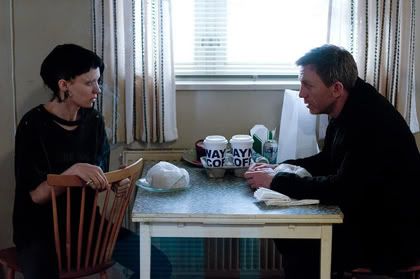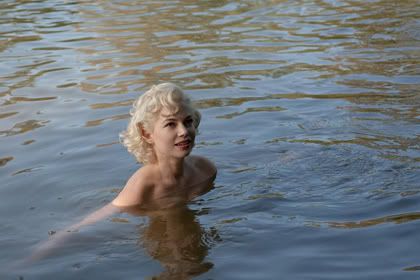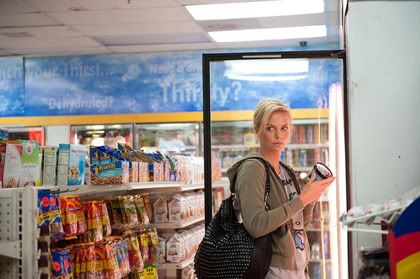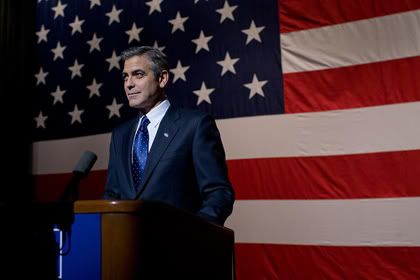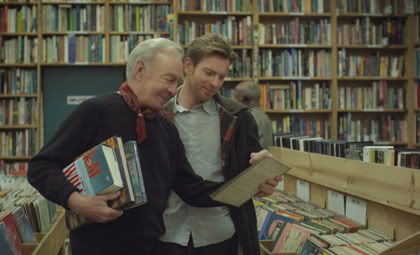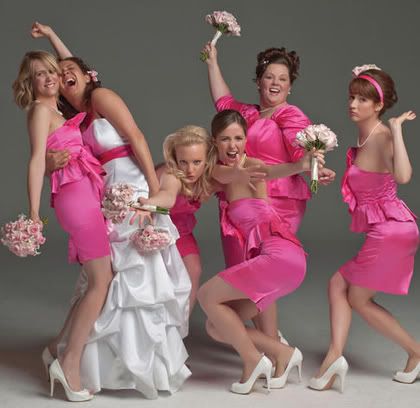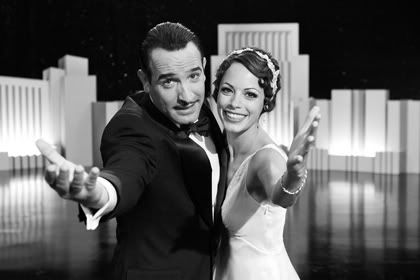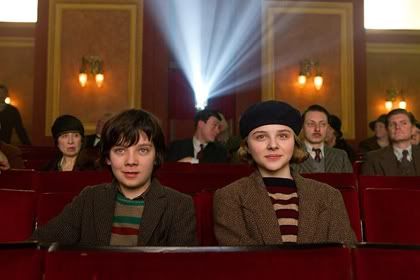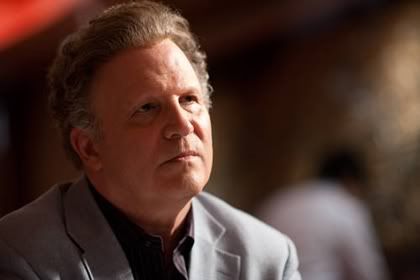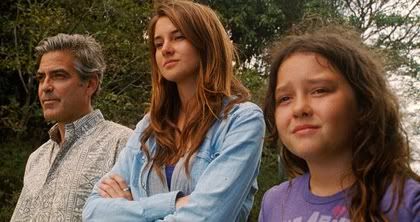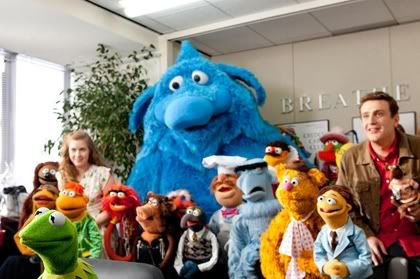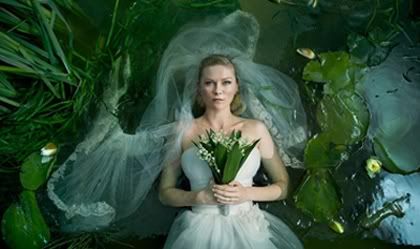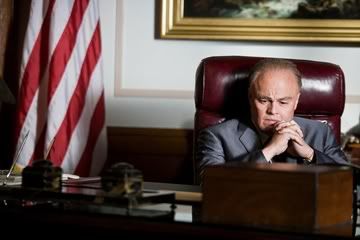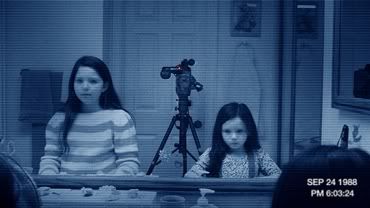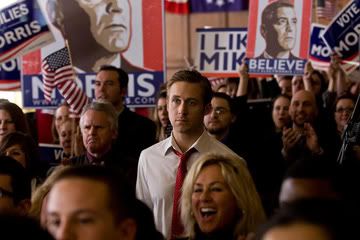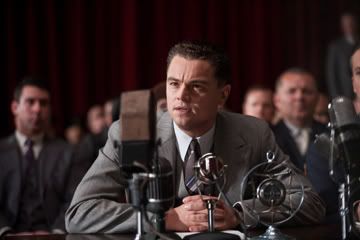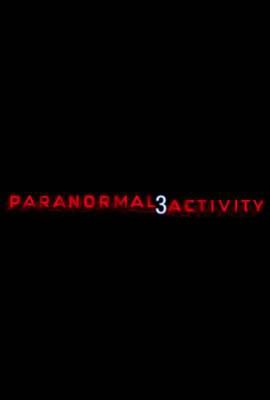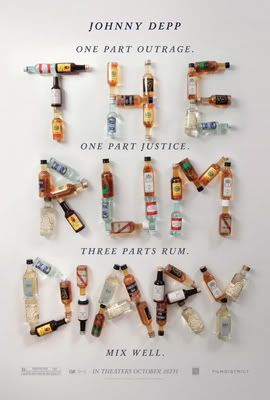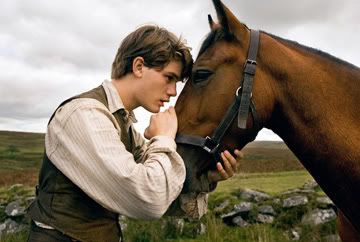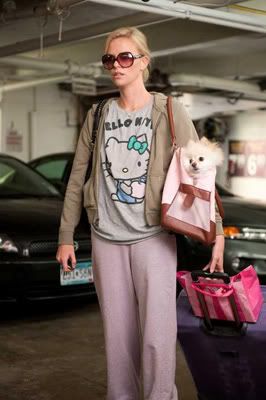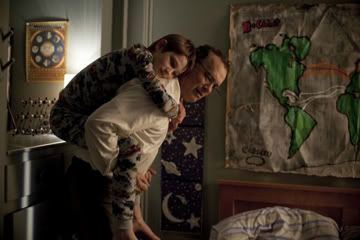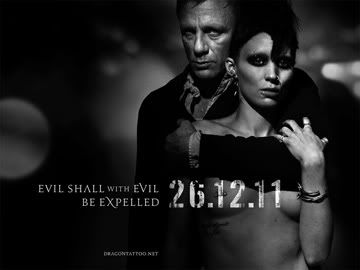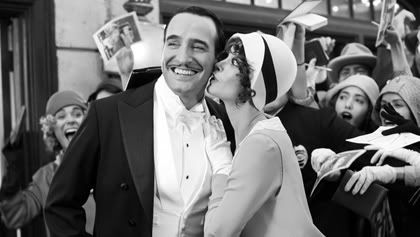
Writer and director Michel Havanavicius' "The Artist" was a risk, a bold one that immensely pays off. It's a tribute to black and white silent cinema while in itself being a black and white silent picture. And one starring two French actors, Jean Dujardin and Berenice Bejo, unknown to American audiences. Most of all, the movie is largely a gimmick. But you can't help but get swept up in the way both thematically and technically the movie is a rousing achievement -- its devoted love to the era and its celebration of all things cinema.
Jean Dujardin plays George Valentin, a prolific silent film actor in 1927. He has a dazzling smile with impeccable comic timing, control of his body language and dance moves perfect for silent picture performances. His time in the motion picture business is soon up, however, when the dawn of the talkie arrives. There are moments when people refer to George's refusal to talk, and it holds a double meaning in his stubbornness to let go and move forward. The times are changing and leaving him behind.
Meanwhile, a chance encounter between George and a young wannabe actress named Peppy Miller (Berenice Bejo) is pivotal. She was in the right place at the right time and gets in line for a straight shot to fame. And while it was George who got her there -- penciling in a beauty mark on her upper lip the fans adore -- and begins falling for her, they part ways. Watching the way Peppy and George's story unfolds calls back to "Singin' in the Rain" (1952) about a silent actress whose voice wasn't fit for talkies.
Dujardin and Bejo are lovely to watch. Consider the ways I described George Valentin's perfect silent movie performance -- both leads do the same for their characters. It's an astonishing modern acting feat that will provide both of them worthy nominations come Oscar time. Imagine giving a wide range of emotion without uttering a word. Certainly you have to accentuate every gesture. In part to their performances, along with Hazanavicius' smart direction, the film feels like a replica of what came out of the era. It feels genuine, something carefully preserved and drawn out of a time capsule.
Just when you think "The Artist" is about to roll you over with its unrelenting charm, it takes a step back and brings insight into what used to make the movies so appealing, and what might have been lost over the years. The director and two leads are very French yet there are two supporting actors, John Goodman and James Cromwell, who are American. And yet wordless, they have a universality about them making them seamless together. And in the same vein, it's easy to forget you're watching a black and white silent movie and can just appreciate and enjoy it for what it is: a movie. It's a universal movie that audiences might be surprised to find themselves thoroughly applauding.



